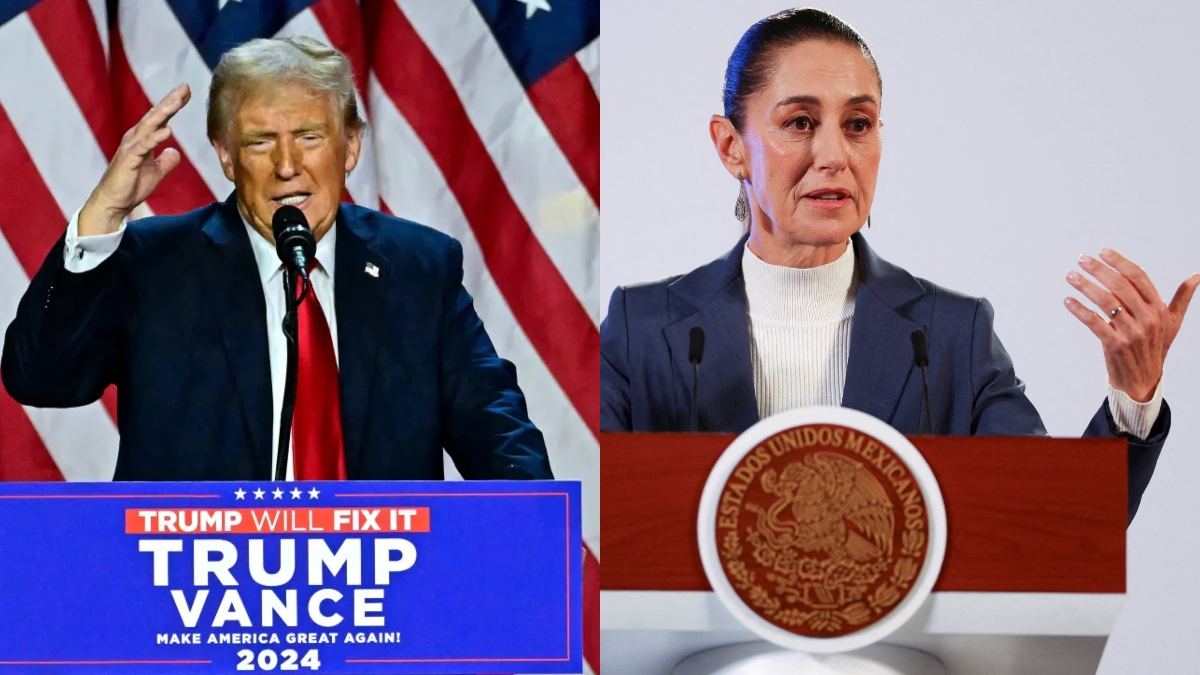Microsoft is once again in the spotlight of a major antitrust investigation, with the US Federal Trade Commission (FTC) launching an expansive probe into its business practices.
The inquiry spans Microsoft’s cloud computing, software licensing, cybersecurity products, and artificial intelligence (AI) offerings. This marks a return to intense regulatory scrutiny for the tech giant, reminiscent of the government’s failed attempt to break it up over two decades ago.
A deep dive into Microsoft’s power
The FTC’s investigation has gained traction after over a year of informal interviews with competitors and partners. Now formalised, the agency has sent Microsoft a detailed request for information, said to be hundreds of pages long, following approval from FTC Chair Lina Khan. As part of its efforts, FTC lawyers will meet with Microsoft’s competitors next week to gather additional insights into the company’s practices.
At the centre of the investigation is Microsoft’s bundling strategy, particularly the integration of productivity tools like Word, Excel, and Teams with its cloud and cybersecurity offerings. Competitors, including Salesforce’s Slack and Zoom, have long criticised this practice, arguing it undercuts their ability to compete fairly. Security software like Microsoft Entra ID (formerly Azure Active Directory), which is bundled with its cloud services, is also under scrutiny, with rivals claiming these terms stifle competition in the cybersecurity space.
Concerns over cybersecurity and cloud computing
Microsoft’s cybersecurity record, especially as a major government contractor, has raised alarms. A series of high-profile cybersecurity incidents linked to Microsoft products has drawn attention to the risks of concentrated market power. For instance, the CrowdStrike crash earlier this year, which impacted millions of devices using Microsoft Windows systems, highlighted the ripple effects of disruptions in such a dominant ecosystem.
The FTC has voiced concerns that the cloud computing market’s concentration could pose significant risks to the economy. A November 2023 report noted that outages or degraded services from major providers like Microsoft could have a cascading effect across sectors, exacerbating fears of overreliance on a few dominant players.
Regulatory shifts and Microsoft’s future
This investigation marks one of the final moves by Lina Khan, who has led an aggressive campaign against corporate consolidation during her tenure as FTC Chair. With a new administration under President-elect Donald Trump, it remains unclear how regulatory priorities will shift. Business leaders anticipate a lighter regulatory touch, but the decision to advance the case will fall to Trump’s yet-to-be-named FTC Chair.
The renewed focus on Microsoft’s business practices underscores the enduring concerns over its influence in tech markets. As the probe unfolds, its outcome could have far-reaching implications for competition in cloud computing, software licensing, and cybersecurity, potentially reshaping the landscape of the tech industry.


)
)
)
)
)
)
)
)
)



